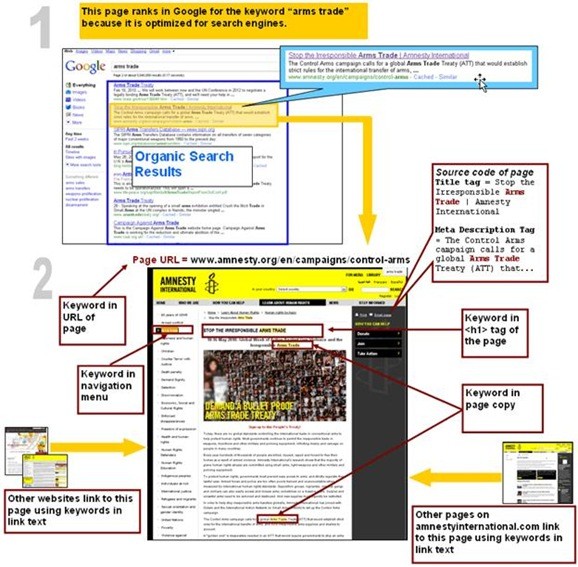Early Adopter of International Investing Sees the Payoff
Post on: 28 Апрель, 2015 No Comment

Bob Haley has been doing international investing for a long time. The founder of Advanced Wealth Management in Portland, Oregon, Haley said his firm has been at it quite a while and were already at about 1520% international when it began to devote particular attention to international investing around 19971998.
We started doing more international investing [then] based on my sense of how investing was becoming more and more global and how much of the worlds stock market values were in the U.S. in the 90s compared to the mid-80s, Haley said. When I started in 82, my memory is that U.S. stocks were about 70% of global market share, and by the late nineties it was closer to 50/50. Based on that and emerging trends, I felt it was unwise to limit [investing] to U.S.-based companies, he said.
Hale said he had a good feel for that, because We manage money ourselves. We do use some mutual funds and ETFs, he adds, but also a lot of individual securities and to do that we do a lot of research, not just on companies, but on global trends.
While the firm sticks to U.S. exchanges to do its investing, buying ADRs for the large foreign companies it wants, ETFs and mutual funds allow it to take advantage of smaller companies abroad and in areas in which Haley is not comfortable picking stocks.
Currently, AWM is not focused on any particular region or country, although a couple of years ago we were over-weighted in emerging markets.[A]t the moment no particular region interests me as much as making sure were diversified by sizesmall, mid and largeand value, he said.
However, he does have some insights to offer. I dont understand Africa or the Middle East, so we dont invest there. At one time we had a fair amount in India, [but we] pulled out a couple of years ago and I dont want to go back. As for the rest Banco de Chile has really been a nice bright spot. Another one is Lan Chilean airline [formerly LAN] thats now called LATAM Airlines Group. Its come down a lot this year, but weve held it a long time and its worked well for us over the long term, he said.
Further, Westpac Banking Corporation, from Australia and Australian index fund EWA have been on the buy list for the past several months, Haley said. Several years ago, the firm bought New Zealand Telecom. I think theyve delisted from the NYSE, and we havent been buying it lately, but at one time it had a very attractive dividend. The earthquake hurt things, but its a captive market and a regulated industry, [as well as a] high dividend, he said. Australia is an economically sound bet, he believes, because its English-speaking and has commerce with the U.S. England, and Europe, but its easy to get to China and Asia.
Haley said international investing is complicated by the amount of business U.S. firms do abroad, and vice versa. Is Lexus a Japanese company since they sell so much to the U.S. Is GE international? I dont think we have good measures anywhere, as we look to balance our portfolios, that tell us anymore. Go down the S&P 500, and Ill bet 80% generate significant revenue outside the U.S., he said.
GE has said 60% of its growth will come from emerging markets, but theyre still a U.S. company. Up till 20102011, I felt comfortable with existing measures of what constituted U.S. and international companies, but more and more Im convinced that doesnt make much sense. Starbucks is making more outside the U.S.; its a complicated world, Haley said. One thing hes very clear on, though: Were making the most of growth outside the U.S., he added.
Some of the most dependable growth has come from Diageo, the British liquor company, Haley said. We started buying that primarily in 2008 and 2009 when everything was so cheap, and thats just been wonderful. They own Guinness, Kettle One, Baileys, [and a number of] scotches. One reason for Diageos dependability is that it is worlds largest whisky producer, responsible for some 40% of global scotch production, he said.
Regardless of where in the world a firm makes its money, were still looking for some pure international plays. So if we want to be 10% healthcare, we will look to have at least one or two names internationally based, regardless if most of their income comes from the U.S. or not, Haley said.
But if those companies are smaller, the answer isnt ADRs. This is where mutual funds and international bond funds come in. If we are underweighted in small companies, we will buy a U.S. [company] there and find an ETF that focuses on international small companies. We are still looking to run 15%30% international. Thats the target. But its more vague now as to whether that really does represent our international participation, he said.
Were looking first for overall performance, and second, as a way to improve performance, we want diversification and balance. I cant imagine I would be in a position of saying it would be prudent for us to be 100% U.S. stocks and U.S. only, he said.














